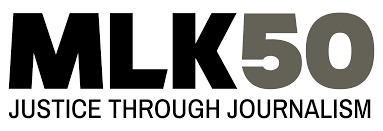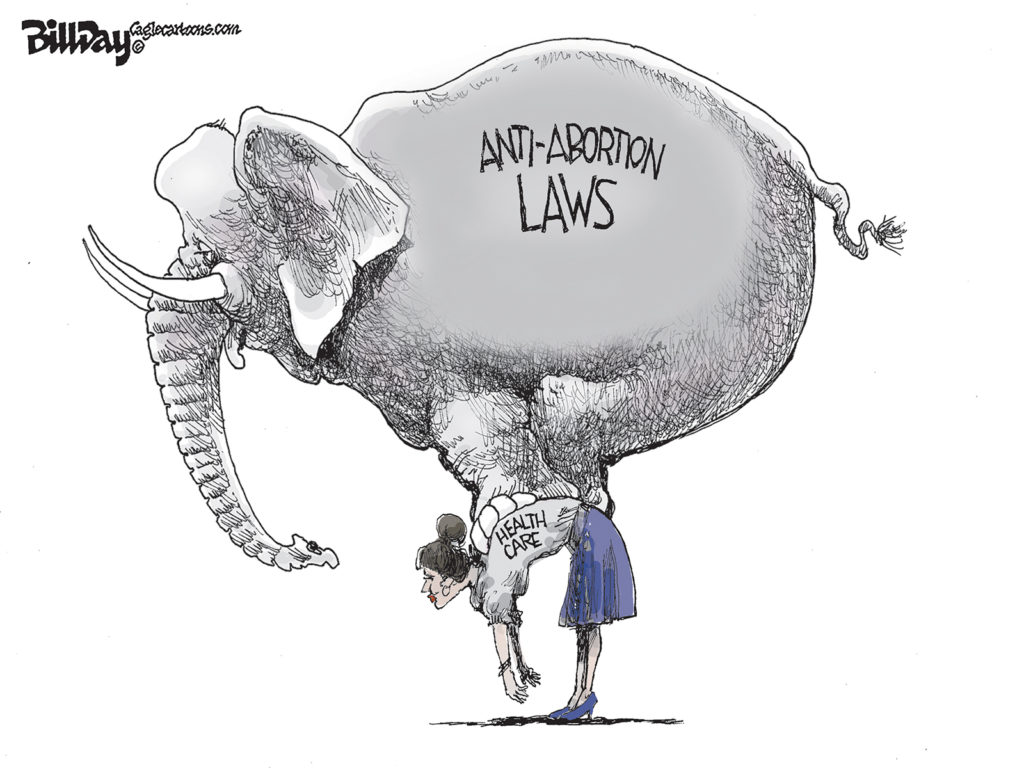The Washington Post headline could have just as easily been in The Commercial Appeal.
It said: “Safe Harbor” Offers Shelter From Strict “No Child” Targets.
The report said that hundreds of schools in Maryland, Virginia and District of Columbia mask their failure through the use of the “safe harbor” provisions of No Child Left Behind (NCLB). They include 11 schools in the nation’s capital.
Disinformation
Here’s the beauty of safe harbor for these school districts – they get to report these failing schools as making AYP (adequate yearly progress) under NCLB. As a result, they are not included on the list of high priority schools that need special attention.
It’s a sleight of hand that misleads the taxpayers who pay for schools and the parents who believe their children must be getting a good education if they are attending an AYP school.
Here, more than 60 schools are docked in “safe harbor” at Memphis City Schools, and 41 schools are on the high priority list and 17 of those haven’t met them for six years.
Winner On A Technicality
And yet, safe harbor allows the district to proclaim in its press release that “128 Schools (in good standing)… Most in NCLB History!” Then-superintendent Carol Johnson said: “It is inspiring news for the Memphis community and all in our district to know we are closer to realizing one of our most important goals – for every school to be in Good Standing.”
The fact that a sizable number of them are in good standing on a technicality went unmentioned.
Safe harbor also allows the educational bureaucrats at Tennessee Department of Education to pop the champagne corks each year as they release their list of successful schools on the AYP list.
Loophole
In other words, the safe harbor provision acts as a loophole to the federal education law that calls for a national goal of 100% proficiency by 2014 for all students, including all subgroups of race, income, disability or language.
With state tests under way this week that will determine which schools meet state benchmarks, it’s a good time for parents with children in AYP schools to ask if it’s because the school is in “safe harbor.”



